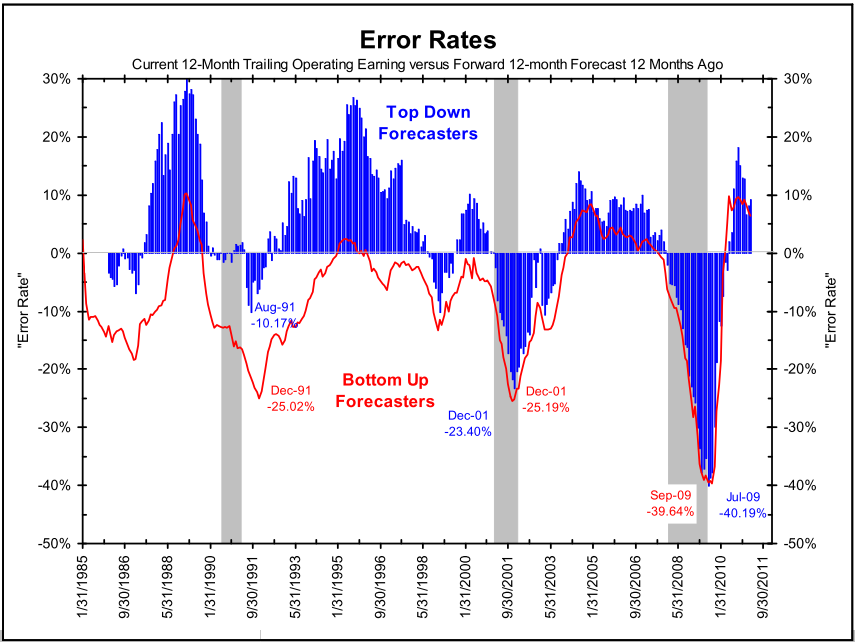Anyone thinking Mr. Buffett has discovered some new truth about "the rich" and taxes, think again. He played this hand several years ago at a speech in support of then-Democratic candidate, Hillary Clinton.
Read the original story from the July 15, 2007 New York Times.
Mr. Obama, meet Joe Barr. As LBJ's last Treasury Secretary—he served only 30 days—Barr became famous for his January 1969 testimony before Congress that 21 millionaires had paid no income tax in 1967. No fewer than 115 tax returns reporting income above $200,000 had also paid no income tax, and Barr predicted a "taxpayer revolt" unless something was done about it.
Washington proceeded to bend tax policy to chase those 21 millionaires, and so we got the Minimum Tax of 1969 that later became the Alternative Minimum Tax. The AMT now hits some four million taxpayers, and 27% of households that paid it in 2008 had adjusted gross income of $200,000 or less.
Because it hits taxpayers with heavy deductions, the AMT wallops in particular the upper-middle-class suburbs in high-tax states like New Jersey, Connecticut, Illinois and California. Congress keeps passing an annual reprieve to prevent the AMT from hitting another 20 million or so taxpayers, most of whom are far from millionaires.
So here we are back at the same old political stand, though even Mr. Obama concedes that today those he routinely calls "millionaires and billionaires" pay at least some tax. The President's complaint, echoing billionaire Warren Buffett, is that too many billionaires pay a lower rate than regular salary earners. So even as he endorsed tax reform in general yesterday, Mr. Obama insisted that one of his reform "principles" is that people who make more than $1 million must pay a higher tax rate than middle-class earners.
There's one small problem: The entire Buffett Rule premise is false, as the nearby table shows. In 2008, the last year for which such data are available, the IRS reports that those who made more than $1 million in adjusted gross income paid an average income tax rate of 23.3%.
That's slightly lower than the 24.1% rate paid by those making between $500,000 and $1 million, probably because the richest are like Mr. Buffett and earn more from capital gains and dividends. The rate for a relative handful of the rich—400 people—fell to 18%, the modern equivalent of Barr's Gang of 21. But nearly all millionaires still paid a rate that is more than twice the 8.9% average rate paid by those earning between $50,000 and $100,000, and more than three times the 7.2% average rate paid by those earning less than $50,000. The larger point is that the claim that CEOs are routinely paying lower tax rates than their secretaries is Omaha hokum.
If Mr. Obama really wants all of these people to pay even more in taxes, there are only two ways to do so. One is to raise tax rates on capital gains, dividends and other investment income that is taxed at 15% and represents a great deal of income for the wealthy. This is probably Mr. Buffett's tax secret, though to our knowledge he hasn't released his returns to the public.
The problem is that this is a tax increase on capital investment, which the U.S. already taxes at prohibitive rates thanks to our high corporate tax rate of 35%. Capital gains and dividends are taxed twice, first as corporate profits and then as payouts to individuals. Their real capital gains tax rate is closer to 45% than 15%, which is why politicians of both parties have long supported a capital-gains rate differential.
The other way to raise taxes on the rare Buffett is with a new Minimum Tax, a la Joe Barr. But as we've seen with the AMT, while the politicians may start by chasing "millionaires and billionaires," over time they always end up taxing the middle class because that's where the real money is. Mr. Obama could tax every billionaire in America at a 100% rate and still wouldn't make a dent in the federal deficit. He would, however, succeed in making those taxpayers invest less and search for tax shelters, assuming they didn't move offshore.
We rehearse all of this because it shows that the real point of Mr. Obama's Buffett Rule and his latest deficit proposal isn't tax justice or good tax policy. It is all about re-election politics. Down in the polls and facing a sullen liberal base, Mr. Obama wants to rally the left behind him, and nothing fires them up like the pretense that government is sticking it to the rich. Mr. Obama is picking a tax fight that he apparently believes will carry him to re-election next year.
And what about the economy? Well, the plan Mr. Obama unveiled yesterday along with his Buffett Rule would sock the economy with $1.5 trillion in new taxes over 10 years, or about 1% of GDP. This includes the tax increases built into the 2013 expiration of the Bush-era tax rates but not those of ObamaCare. Anyone who believes this will help an economy that is creating few new jobs and growing by only 1% probably also believes that only the rich would pay the Buffett Alternative Tax.




